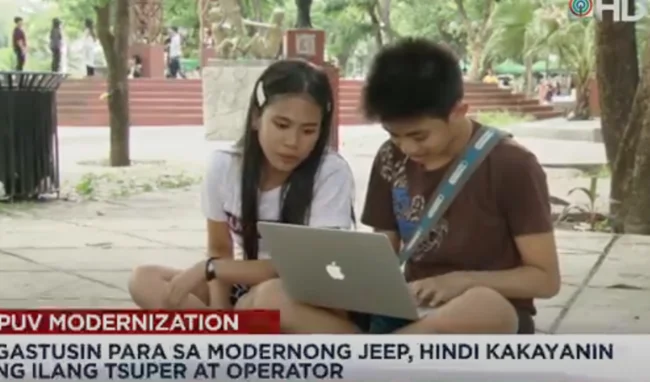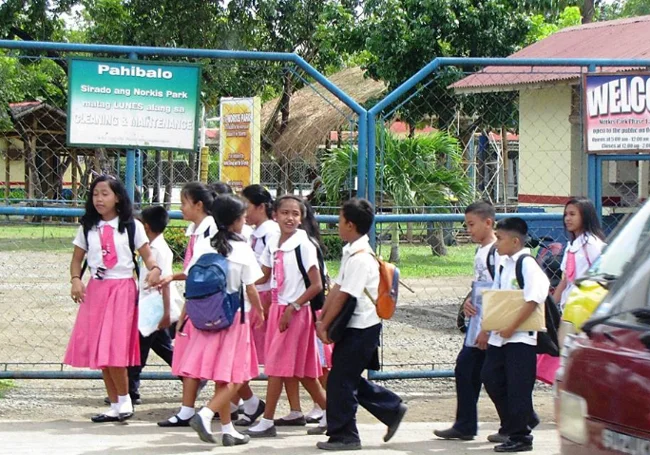Five for a hundred likes. How schoolchildren in the Philippines are graded (4 photos)
Want a good grade? Show the teacher where your 100 likes are on Facebook. And yes, it pisses everyone off. Of course, it's not math that's graded by the number of likes, but school projects. For example, when Filipino children were asked to do a survey and calculate statistics. 
Parents are constantly creating petitions and filing complaints that their children are graded by how many likes they can get for their school projects. And only recently has the government listened to the demands, but some schools still think that these are useful "social" assignments.
One hundred likes for an A
The number of likes on a Facebook post for their project correlates with the score. The usual scheme for such projects:
You need to get 100 likes or [heart reactions] to get 100 points for the project. 
They even made a story about this on national TV
Or only one project that got the most likes (if no one got a hundred) will get one hundred points.
And this is in the Philippines! It has some of the slowest internet speeds in Asia, with an average download speed of 14.46 Mbps, according to a February 2019 report (not that slow! It's scary to think how much it is in other "not slow" countries).
Of course, all this has created a mutual responsibility among the children. They like each other to get them to normal levels. And in the end, the unpopular children who cannot persuade the whole class to like their project suffer even more. 
I generally like photos of Philippine schools, the kids there are pretty happy. Although maybe it's because of the sun
And what conclusion should they draw from such an assignment? Being unpopular is bad. Well, thank you, because they don't experience that every day at school.
Getting used to social networks?
Parents don't like that their children are forced to use Facebook, even if their children didn't show any interest in them before. At the same time, popularity contests are in no way connected with the study of the subject on which the research is being conducted or the project is being done. That is, it is simply an accompanying tool. 
If I had been given such an assignment at school, I would have sabotaged it
And here the question arises: is it worth at least introducing children to how social networks and voting mechanisms work, because this is public knowledge. Or not, will they learn everything themselves?
In general, a very serious fight is being waged against such practices, but the trouble is that for some reason it is very common in different schools across the country.
























